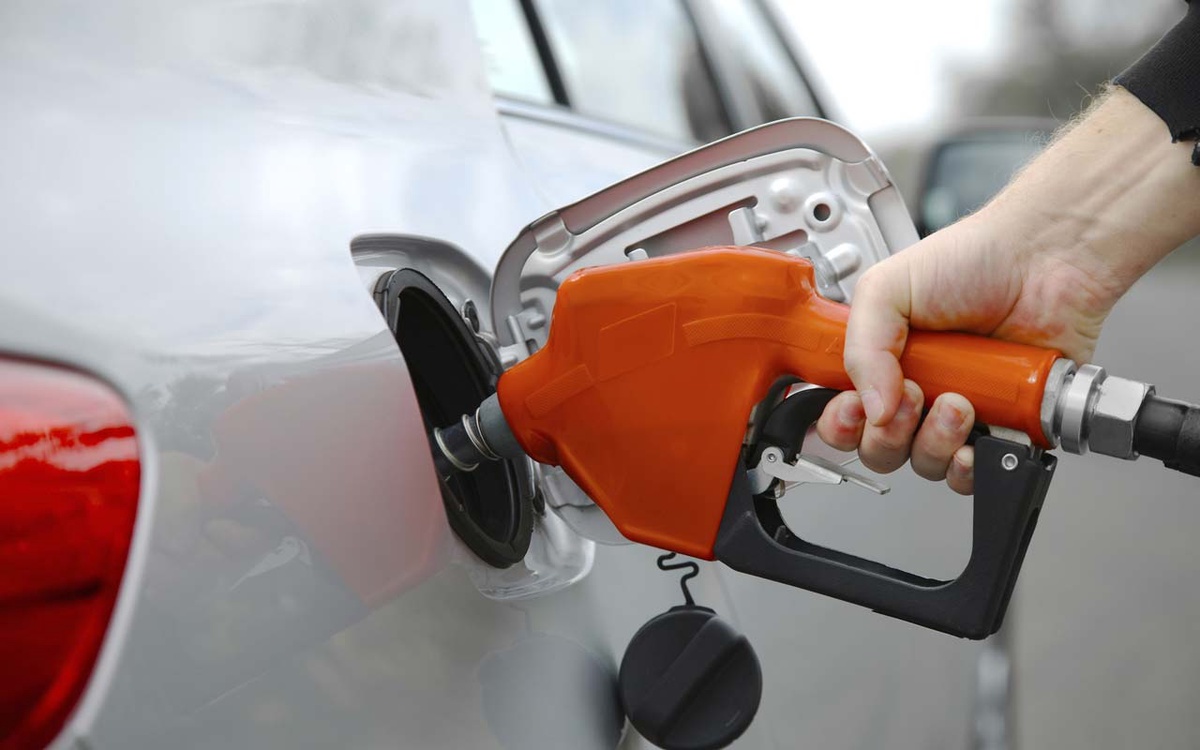You don't need to trade in your current vehicle for a hybrid or a tiny economy box if you're concerned about the cost of petrol or want to reduce the environmental impact of your driving. Did you know that if adequate maintenance is not carried out regularly, a vehicle could use up to 30% more fuel? While everyone is aware of the need for routine car maintenance, for a variety of reasons, we just don't perform it frequently enough. Although we are all aware that engines require fuel to operate, this does not preclude you from making a few little adjustments to your vehicle to help you save on fuel. Car carbon cleaning is highly recommended if you want to clean your car.
Avoid Driving Too Quickly or Slowly
Your engine has to work very hard to combat wind resistance when travelling at motorway speeds. At 100 km/h and 110 km/h, respectively, you'll consume up to 15% more fuel. That would entice you to go slowly, but doing so would cause your engine to shift into a lower gear and use more fuel. The recommended speed limit is 50 km/h. Finally, for optimum fuel efficiency, maintain a constant speed of 50 to 90 km/h on the highway.
Never Leave the Car Idle For Longer Than A Minute
Half to one gallon of gas is used up each hour by idling, which also releases extra CO2 into the atmosphere. Turning on and off again will use less fuel than prolonged idling does for current engines. The concept of no-idle zones is already present. Also, drive the engine rather than rev it to properly warm it up. If you merely start the engine, wait for 20 seconds (this builds the oil pressure), and then drive away, the engine will warm up much quicker. Engines only work hard when they are under load.
As Possible, Stay Away From Bumpy Roads
Energy for forward motion is lost from the vehicle every time the wheels oscillate. We can best explain this by comparing it to driving on a "washboard" road. In addition to being extremely uncomfortable, the vehicle will slow down due to the energy transfer – and you thought physics classes had no use in real life! This forces the motorist to increase their throttle, wasting.
Pick the Correct Octane of Gas for Your Vehicle
To find out what octane your engine requires, consult your owner's manual. The resistance of gasoline to engine knock is measured by octane ratings. However, the cost increases with the octane level. Only 6% of sold autos require premium fuel. Nevertheless, only 10% of all gas sold is premium. Avoid the temptation to purchase higher octane fuel for "premium" performance.
The Most Fuel-efficient Approach to Driving is to Use the Highest Gear That Won't Strain the Engine
Third gear consumes 25% more fuel than fifth gear while travelling at 60 km/h. It is possible to use up to 45% more fuel than necessary when moving quickly in low ratios. The "Instant fuel economy" setting is most likely available if your vehicle has an onboard trip computer. Keep an eye on this gauge and try to maintain the lowest possible litres per 100 kilometres. This has been somewhat made into a game by the makers.
Keep Your Tyres Inflated
Underinflated tyres have more resistance to rolling over the surface of the road. This implies that as you drive, your tyres produce greater friction and rolling resistance, which raises your fuel consumption. Up to 10% less fuel may be used if all of your tyres are 10 psi underinflated.
Have A Routine Engine Inspection
Since the introduction of computer-controlled fuel injection, a traditional "tune-up" is no longer necessary. At worst, you might be required to replace the air and fuel filters, oxygen sensors, and spark plugs.
You Can Save Time and Money by Combining Your Errands into One Trip
A longer multifunctional journey travelling the same distance when the engine is warm can use half as much fuel as several short trips made from a cold start. Planning your route helps to guarantee that you travel when the vehicle's engine is ready and working efficiently.
Last Words
These are a few of the findings and answers to some of the numerous inquiries I've received regarding fuel efficiency. Acting on these guidelines you will decrease your fuel consumption.


No comments yet